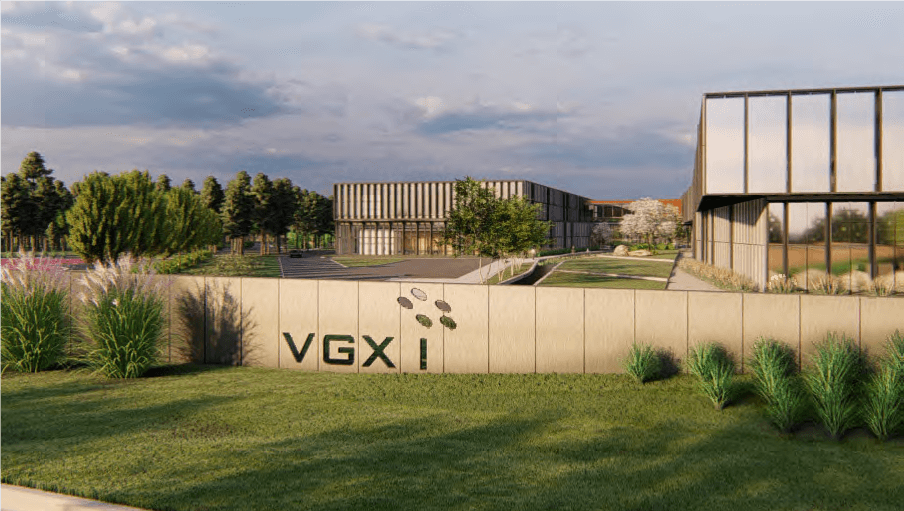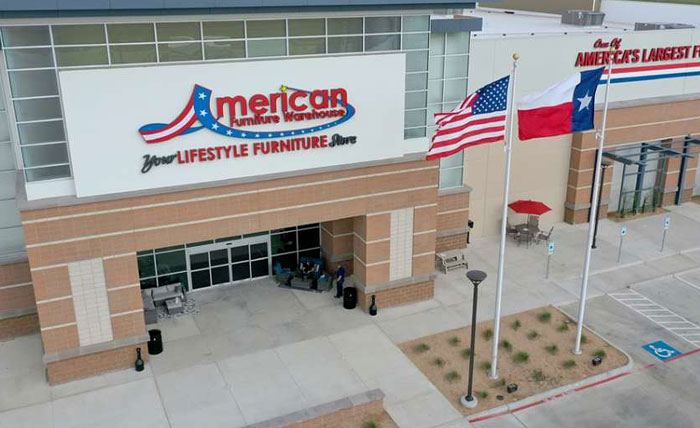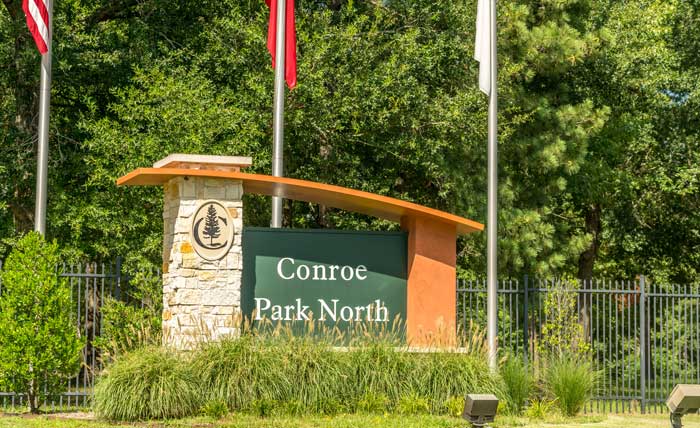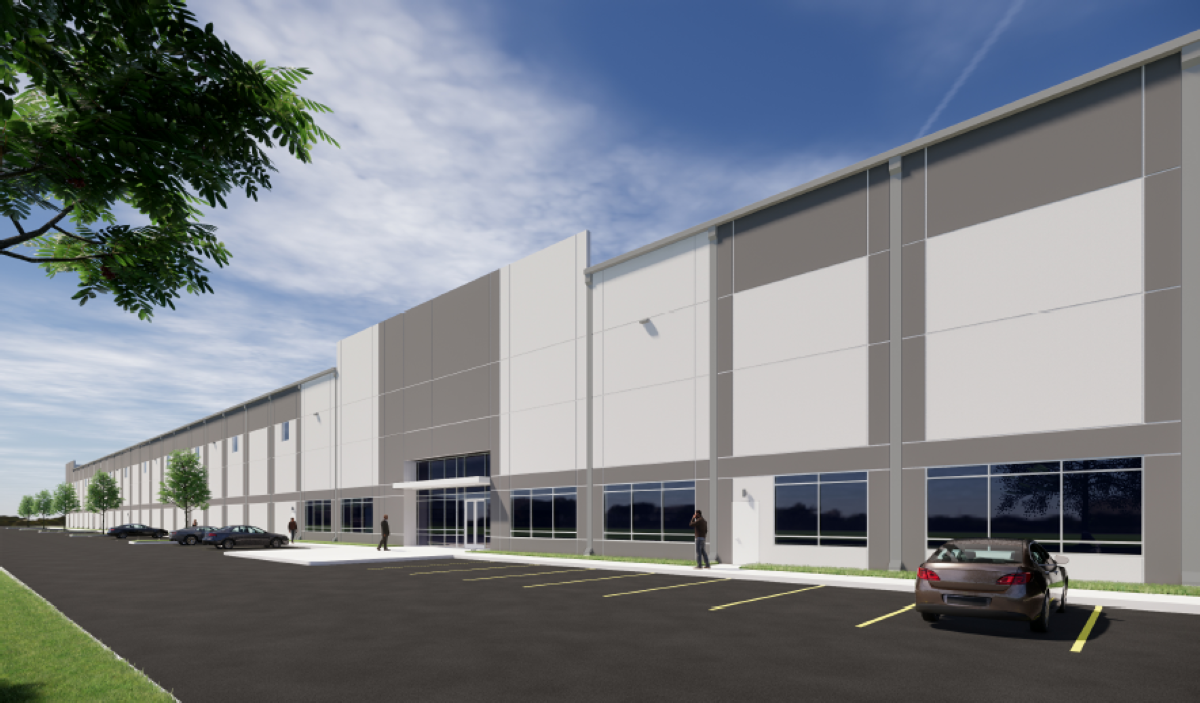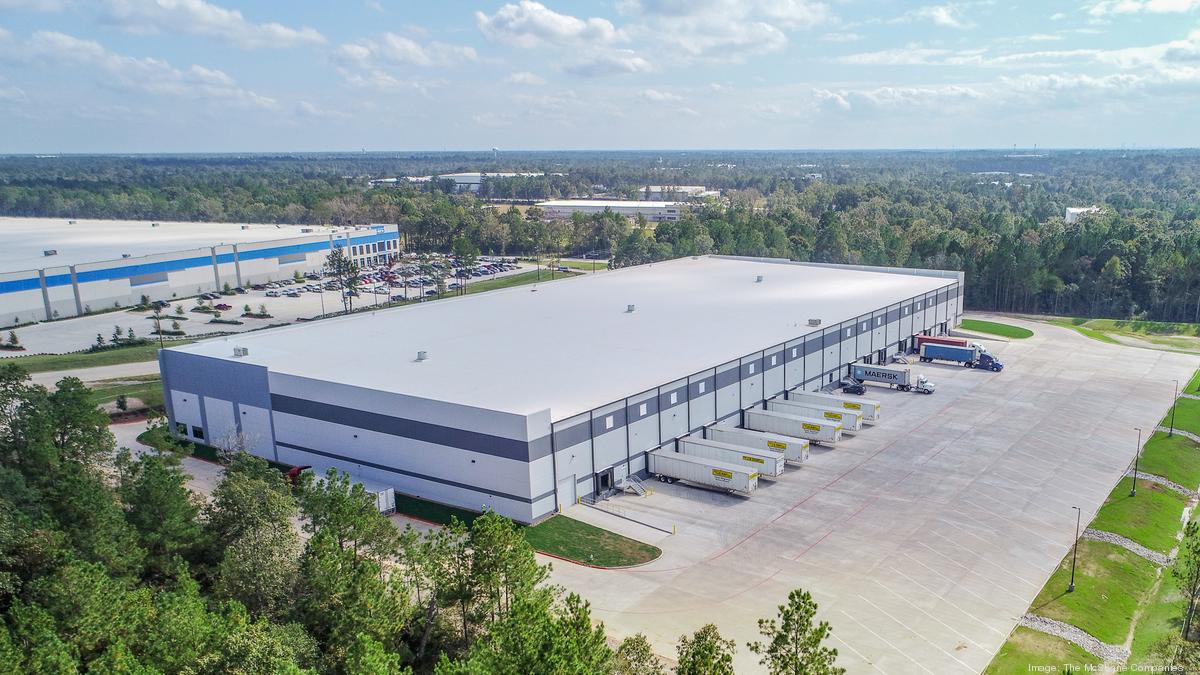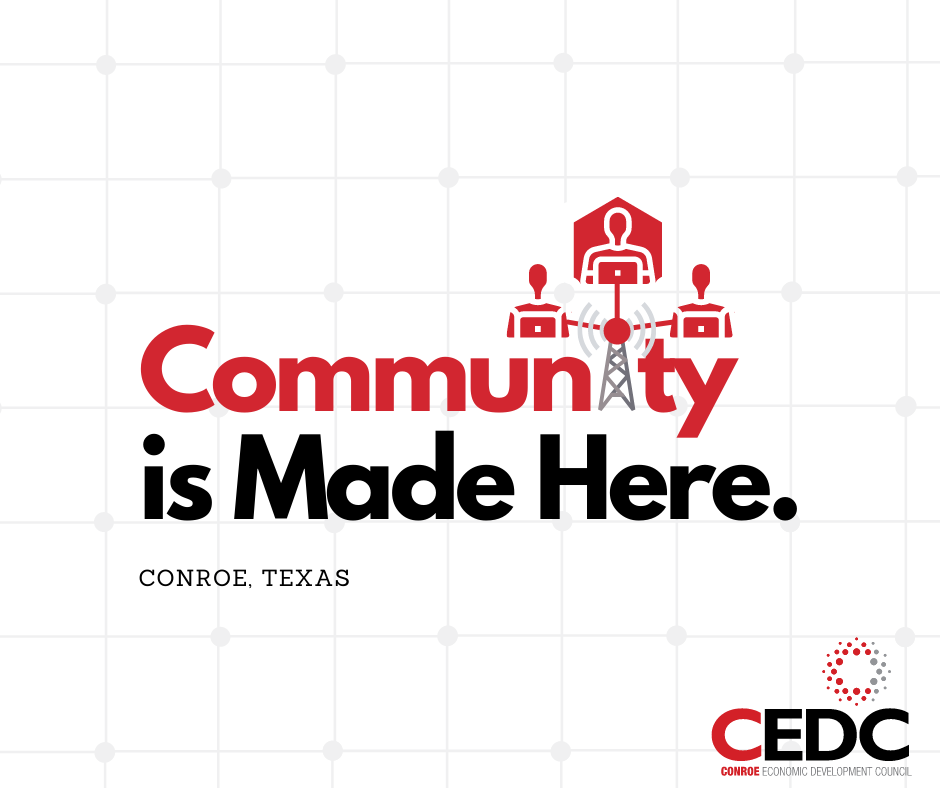
Community More Important than Ever for Remote Workforce
April 28, 2021
Workforce attraction is critical for economic growth, and as businesses have sought to recover from the COVID-19 pandemic, the need has grown for talented remote workers. Across a number of industries, businesses of all sizes have begun to prioritize remote workforce attraction. However, some remote workers may struggle with the loss of connectivity within the business community.
When COVID-19 began spreading throughout our country, workers who could be sent home suddenly found themselves working remotely. And now, many find themselves looking at a permanent remote role. A Harvard Business School study from March 2021 reported 81% of remote workers surveyed indicated they preferred the flexibility of working remote full-time or having some kind of hybrid schedule. And in February, Forbes reported a study in which 74% of professionals and 76% of entrepreneurs stated they believe remote work will become the new normal.
The post-COVID-19 economic environment left many businesses feeling isolated and disconnected from their familiar sources of workforce attraction. These businesses may find remote workers desirable because they are generally less expensive to hire in that companies don’t need to pay for office space, pay utility bills, or buy as much equipment. And as employees combine their demand for remote work with the ability to live anywhere they want, businesses and their employees are faced with the challenge of staying connected to their coworkers and professional communities.
Staying Connected
Perhaps the most significant drawback to remote work is the loss of in-person interaction. Whether it is between coworkers or employees with customers, individuals must find new ways to build connectivity. Video conferencing offers many advantages, but the impact of losing the ability to speak to another person face-to-face cannot be discounted. There are several steps individuals can take to retain the connectivity needed to fully obtain the rewards of remote work.
- Employees can repurpose specific parts of how they spent their day pre-pandemic. Lunches, Happy Hours and “water cooler talk” may have seemed commonplace, but looking back, they all provided the value of time spent building relationships.
- Starting similar, new traditions is an excellent way to develop the same positive connectedness in the remote world. Employees can schedule weekly video lunches to catch up on how coworkers are doing, or to replace those routine client meetings.
- Many publications indicate the average U.S. commute is about 30 minutes. While it may be tempting to set the alarm clock 30 minutes later, that time could be repurposed as a breakfast meeting with a coworker.
- In general, including regularly scheduled team meetings without a specific business goal agenda is an excellent way to place a focus on the individual development of employees.
- Finding new professional development vehicles is a key step for employees as they continue to work remotely. Most companies had some sort of professional development structure prior to COVID-19. Today, remote workers should consider joining a professional association to virtually meet with individuals in similar occupations.
- The formation of virtual mentorships is an excellent way for coworkers to proactively champion each other in regards to professional development. Getting the good work an employee is doing in front of senior leadership may become more difficult when he or she is working remotely, so having allies to promote each other should rebuild those opportunities.
Moving Forward
The amount of individuals seeking to work from home will likely increase as they become more comfortable with understanding the methods to stay connected with or supplement their previous networks. Businesses who succeed in connecting to remote workers will see a huge payoff for their communities. After all, each remote worker will add to the tax base and is likely to bring a partner with them - someone who could potentially work at a local company, addressing the community’s primary workforce attraction objectives. And those workers will discover that when in Conroe, Texas, Community is Made Here.




